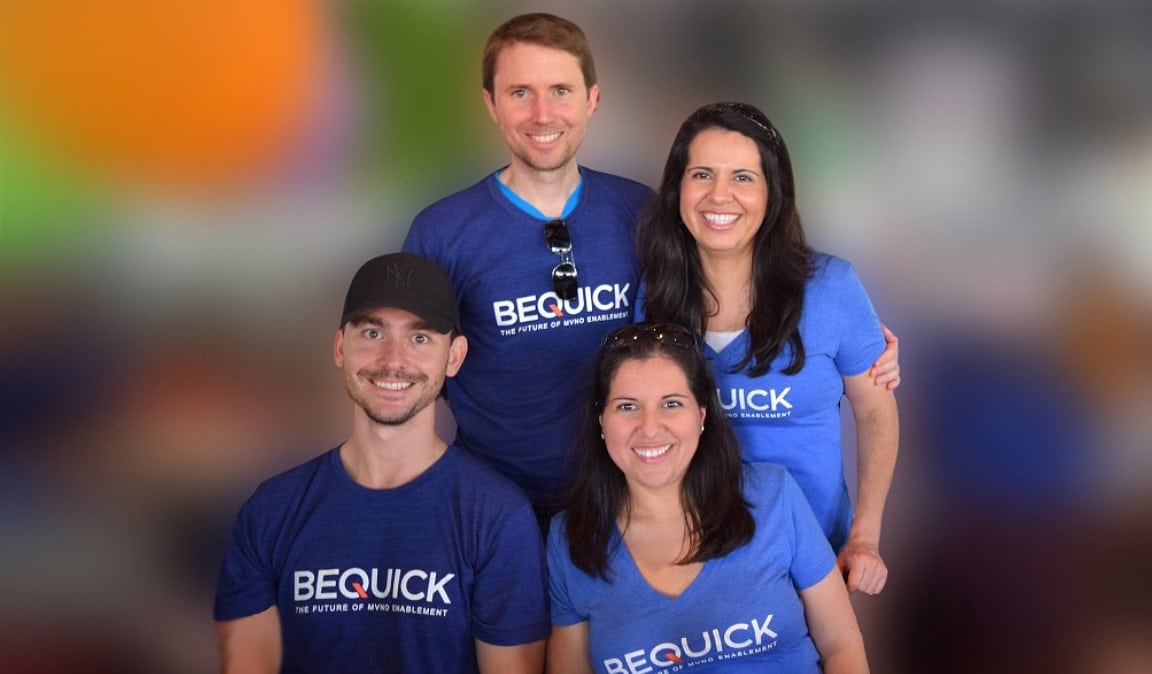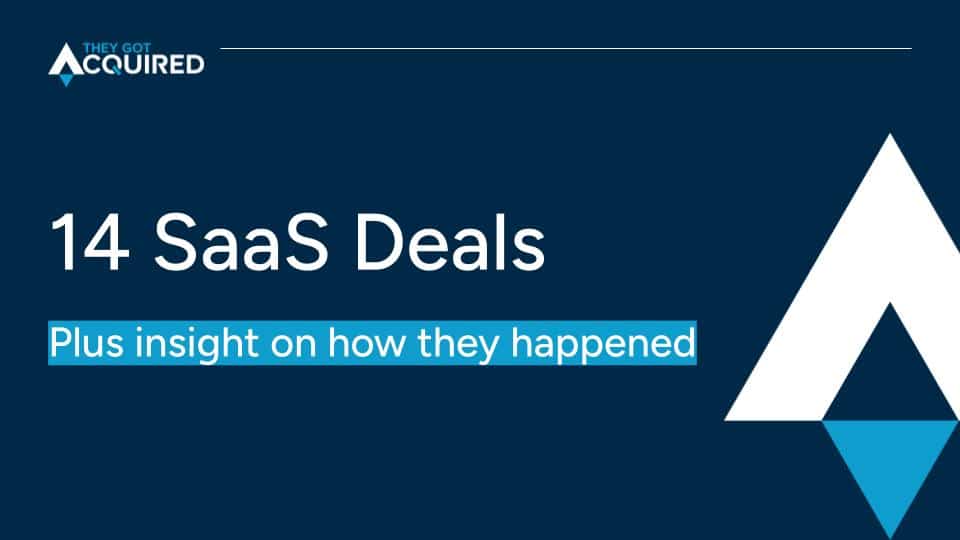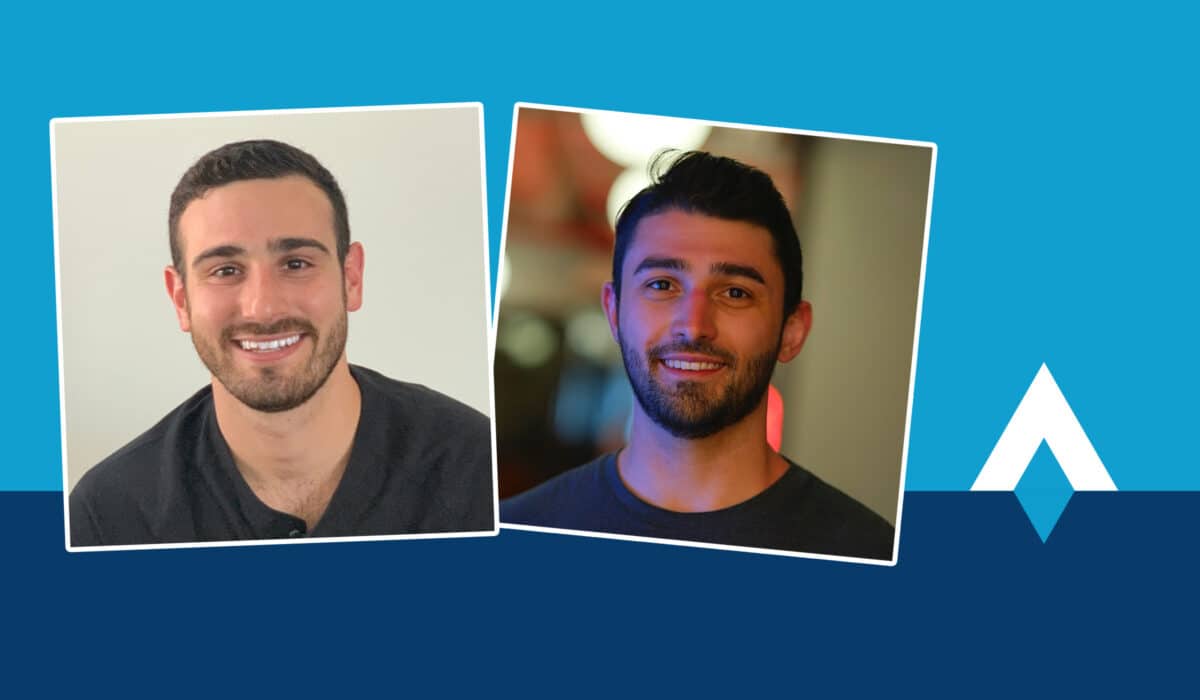When you’re a business owner faced with multiple buyers reaching out about your company, it can be challenging to discern which one, if any, is right for you.
That was a situation Sean Biganski and his co-founders found themselves in for years prior to selling their Florida-based telecommunications software company, BeQuick.
Biganski founded the business, an operational software platform for telecommunications companies, in 2002 with his wife, Gissela Biganski, and in-laws, Christel Reinoso and Steve McIntosh. They sold the business to Banyan Software in December 2022.
While they never actively sought out to sell BeQuick, Biganski said the company’s early success and recognition — such as being on the Inc. 5000 list — attracted the attention of potential buyers.
“Several years in, unsolicited offers to buy the company started to come in,” Biganski said.
Biganski received emails about once a month with offers to buy the business, he said in an interview with Banyan Software. A couple seemed enticing but didn’t pan out in the end.
“We got all the way through to due diligence at least twice in the past, but those processes felt more like a bait-and-switch as we got closer to what would have been a closing,” Biganski told Banyan. “That made us skeptical about anybody that would come knocking on the door.”
What made BeQuick want to sell to Banyan Software
After a couple of failed acquisition attempts, Biganski told us he and his co-founders learned to hold out for the right buyer. Trust played a big part in why they ended up selling to Banyan Software.
“We’ve been running this business for most of our adult lives,” said Biganski, who was 21 when he founded the company in 2002. “We did not want to see anyone damage our life’s work, our employees’ trust, or our clients’ business,” he said.
BeQuick, which operated as a DBA under Hello Labs, had about 15 employees and 25 to 35 clients at the time of the sale. The business was bootstrapped, never taking on any outside investments.
BeQuick operates within a niche telecom segment, originally building software for competitive local exchange carriers (CLECs) before shifting gears about a decade later to serve mobile virtual network operators (MVNOs), according to the company’s About page. The software helps those mobile service providers with billing, compliance and other operational services.
Biganski said he found that companies wanting to acquire BeQuick didn’t understand the business and ended up undervaluing it.
“Banyan Software took the time to intimately understand our industry [and] technology, as well as our financials,” he said.
He also liked the fact that Banyan was a buy-and-hold company and respectedBanyan’s team.
“I trusted Banyan’s M&A team,” Biganski said. “They were genuine, and we bonded during due diligence.”
Banyan Software, based in Atlanta, has acquired dozens of software companies, which we track in our M&A data platform. They say on their site that they look to acquire businesses with more than $2 million in annual revenue. Many of the companies they’ve purchased have been in business for decades and serve niche verticals.
Why these founders decided to sell
One of the reasons Biganski decided to sell was to infuse a fresh perspective into the business.
“After two decades of running the business with the same perspective from the same people, we felt it was time to take some chips off the table and bring in some fresh experience to help grow the company further,” he said.
Since they didn’t raise money, their biggest challenge while growing the business was balancing headcount with revenue, he said, which is common for bootstrapped businesses. To navigate that, they scaled back on employees and added contractors as needed.
They also invested in rebuilding the entire platform with a more modern infrastructure about a decade into growing the business.
Life after selling a family-owned business
Once Biganski and his co-founders decided to sell to Banyan Software, they closed in about 90 days. Biganski stayed on as CEO and co-founder Steve McIntosh stayed on as COO.
“Other family members that were once involved have moved on,” Biganski said.
Looking back on the acquisition process, Biganski has some practical advice for entrepreneurs considering selling: maintain good bookkeeping and customer agreements.
He also stresses the importance of trusting your gut. Don’t waste time on buyers who don’t understand your company or who draw you in with empty promises, only to switch up their intentions, he said.
“The biggest takeaway is to trust your instincts,” he said. “If it starts to feel like a bait-and-switch, cut your losses and walk away. Wait for the buyer who best suits your specific business.”



